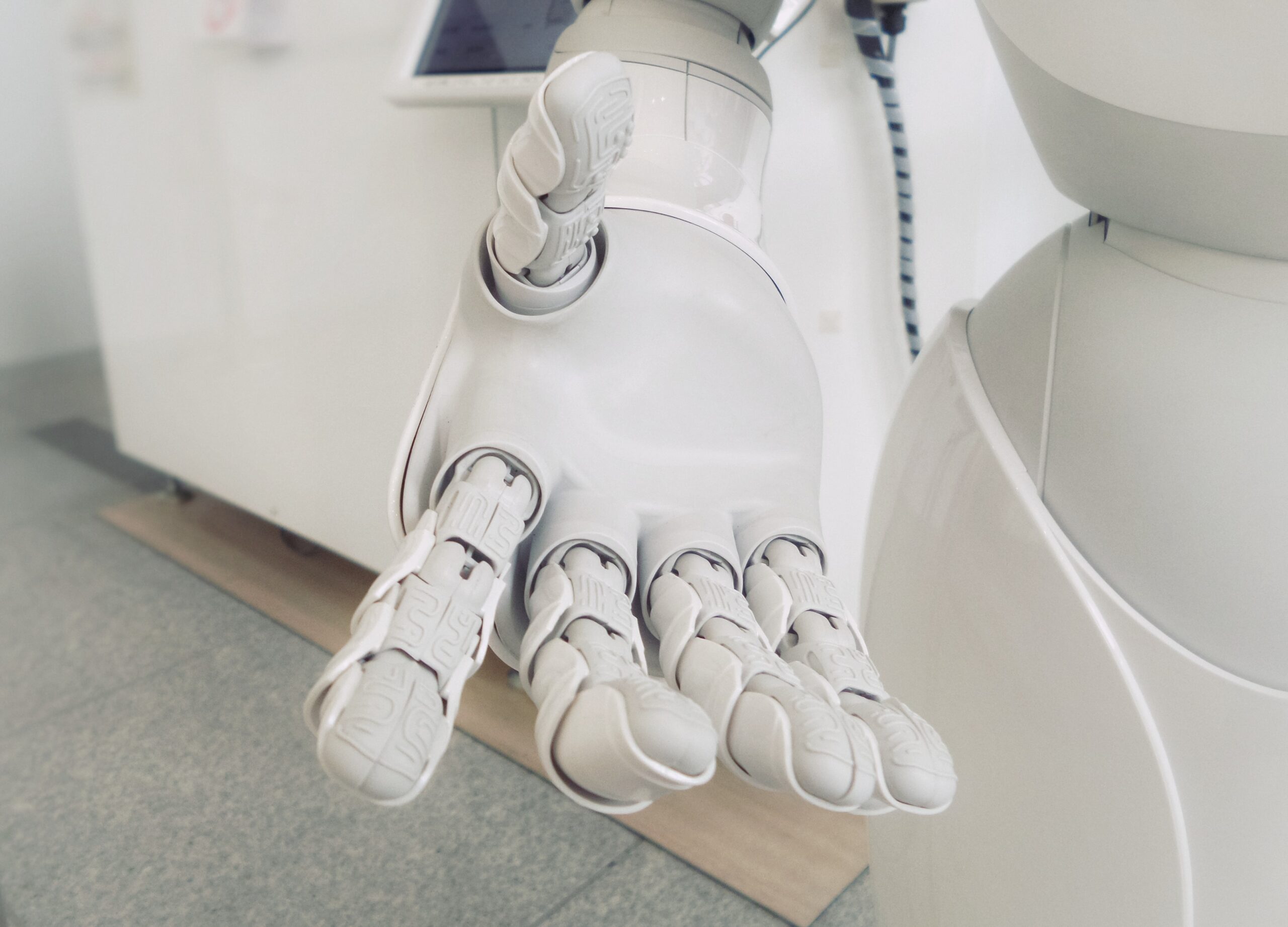
It’s already happening, so let’s do it right
There’s no telling whether or not artificial intelligence will end up being a blessing or a curse.
Artificial intelligence (AI) is the ability of machines to comprehend, interpret, and infer information in a way that is comparable to humans. Simply put, AI is a computer program designed to act like a person or animal.
You might be worried about artificial intelligence (AI), yet you are probably already taking advantage of it. For example, you likely use Google Maps to get to work or rely on a search engine like Google Search to locate a local business, a restaurant, or your favorite T-shirt.
New Possibilities – Lensa AI and OpenAI
Every day brings exciting new possibilities for AI technology and its users.
The popularity of AI can be attributed to the fact that its tools are designed to make humans’ lives easier by relieving them of tedious or error-prone duties.
In the last week, an abundance of posts displaying AI-created images or fantastic dialogues that commenced with funny queries and concluded with wackier replies have been shared across social media platforms. Those of you reading this have probably experimented with this technology in some form. (I won’t lie, I did too.)
Lensa AI, a generative AI tool, and ChatGPT, developed by OpenAI, have begun to go viral.
Lensa has become the hottest application on social media due to its ability to produce compelling AI-generated pictures. Lensa studies a user’s selfies and then develops digital likenesses of them or anyone else in the photographs they submit. The app itself is free to download, but users will have to pay to see the AI-generated portraits of themselves. The “Magic Avatars” function, which was put into the app last month, employs AI algorithms to edit and change user photos. Stable Diffusion is the model that drives the procedure.
OpenAI’s ChatGPT is a conversational AI chatbot prototype. The chatbot was created by refining a holistic language using supervised and reinforcement learning. When asked whether ChatGPT seemed humanlike, Varun Mayya, CEO of software development firm Avalon Labs, responded “It’s just like a human being except it has all the world’s knowledge.”
Essays, poems, scripts, and even translation and summarization can all be requested of the AI by its users. It also has the ability to decipher complex computer code and answer inquiries on a wide range of related topics. Plus, it remembers what users have written before, allowing them to ask follow-up questions in a natural, conversational manner.

Ethical AI
Artificial Intelligence applications are pointing the way to a brighter future, one in which AI technology will improve the lives of millions worldwide. However, people are increasingly questioning how AI can be used ethically.
There are dangers in relying too much on AI technology: AI software is often deeply flawed, and never 100% reliable. As developers of expert systems continue to note, AI might provide responses that appear plausible but are actually false or illogical.
According to Katrina Ingram, CEO of Ethically Aligned AI, an organization founded last year that educates businesses about AI, one of the technology’s biggest dangers is consumers will believe what they are told – even if it isn’t true.
The rapid development of AI raises several ethical questions. In the case of ChatGPT, we must address the applications prohibitively high operating costs and its negative contribution to global warming. Similarly many worry ChatGPT will take away their jobs, while artists are concerned that AI art will soon make them redundant.
To wrap up, I’d like to share one of my all-time favorite quotations:
“Technology is either a blessing or a curse depending on how we use it” – Harrish Sairaman
The future is bright, ladies and gentlemen, and it’s just around the bend.

